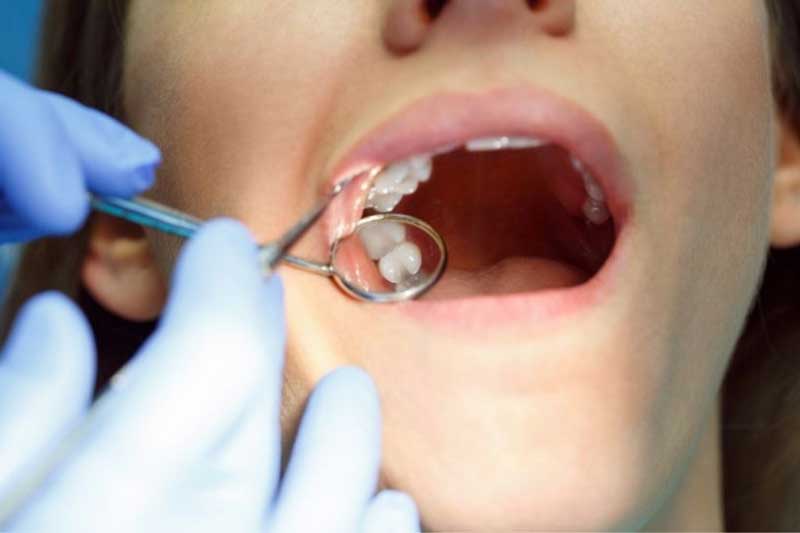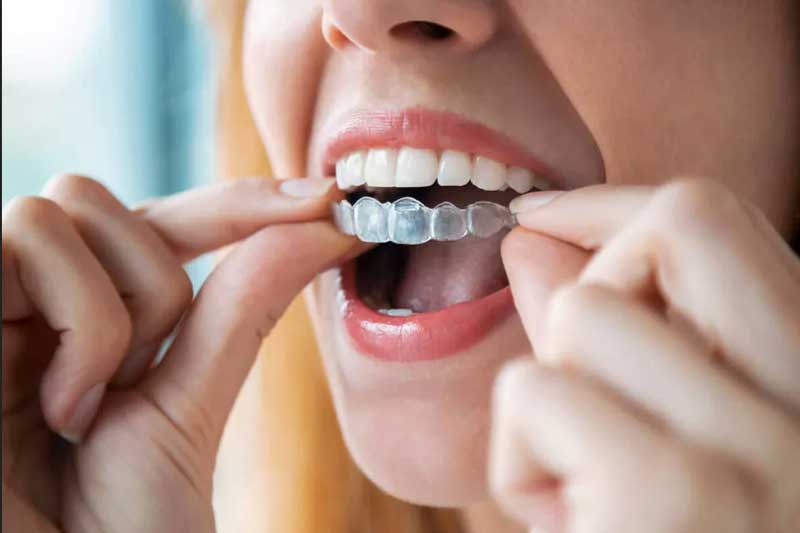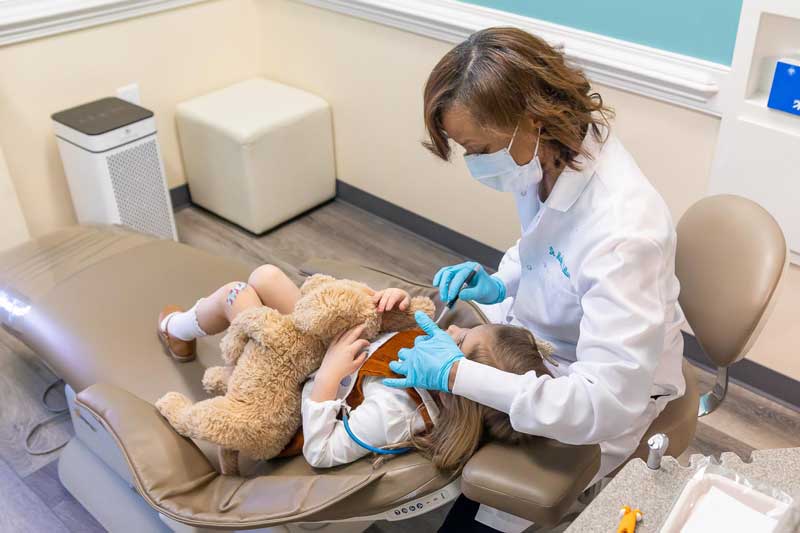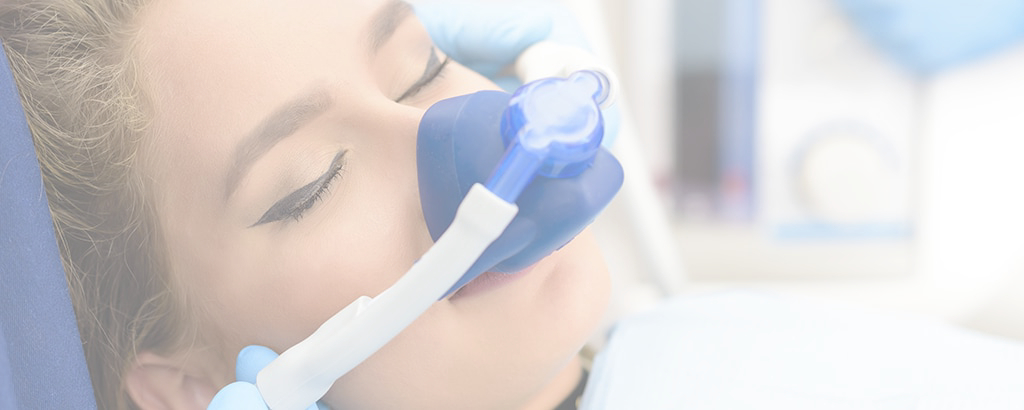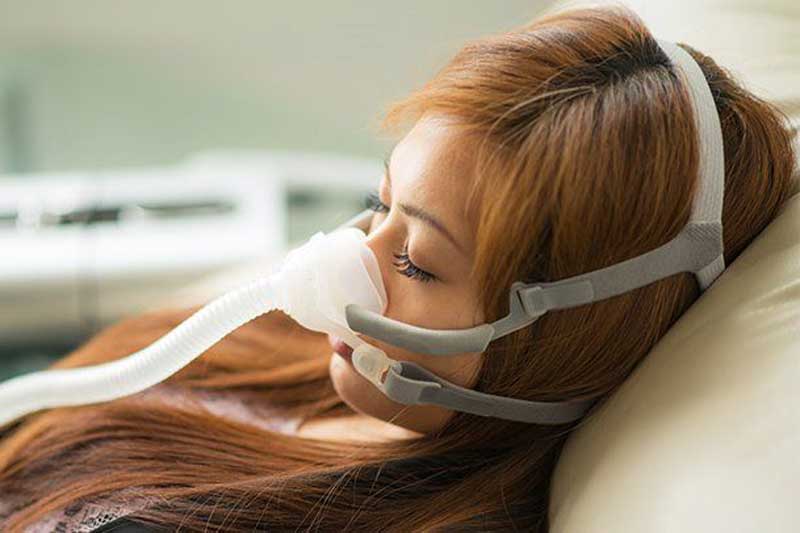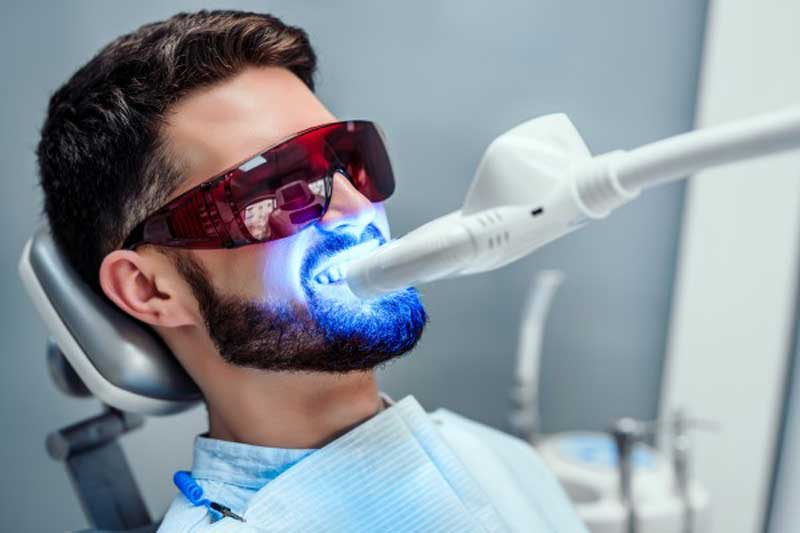How Your Dentist Can Help Treat Sleep Apnea
Wake Up Refreshed With Dental Sleep Apnea Treatment Sleep is essential for your physical and mental well-being, yet for millions of people, restful sleep…
At Waterstone Family Dentistry, we treat both sleep apnea and snoring and have streamlined the process of helping our patients get the appropriate appliance to sleep better.
Obstructive sleep apnea is a condition where the upper airway is blocked by large tonsils and airway muscles or by the tongue causing airflow to stop and breathing to cease. In patients who have sleep apnea, there is a cycle that repeats itself over and over again during sleep. Due to an obstruction, the airway narrows, breathing stops briefly, oxygen levels drop, the body goes into flight or fight response mode causing arousal from sleep, the airway muscles contract, the airway opens, the person takes some breaths and falls back asleep, and the process restarts.
A typical sleep apnea patient can have anywhere from a few dozen to a hundred or more of these events per night. Snoring is also an airway problem. The snoring sound is made by the vibration of soft tissue as air passes through a narrow airway.
Wake Up Refreshed With Dental Sleep Apnea Treatment Sleep is essential for your physical and mental well-being, yet for millions of people, restful sleep…
WHAT IS SLEEP APNEA? Sleep apnea occurs when the airway is blocked either by the tongue or muscles in the airway, causing the cessation of…
People who snore loudly and suffer from sleep apnea typically suffer from a wide variety of frustrating side effects, like daily fatigue. However, one of…
Leaving sleep apnea untreated can lead to a range of short and long-term health issues, significantly impacting one’s quality of life and overall health.

At Waterstone Family Dentistry, we take sleep apnea seriously. Our team can provide the necessary diagnostic and treatment options to manage this condition effectively, helping you to lead a healthier and more rested life.
In the past, sleep apnea was treated mostly with CPAP machines or by surgery to reduce enlarged airway tissue. Now, both sleep apnea and snoring can be treated with oral appliances. These devices consist of upper and lower splints that are connected by straps or hinges that open the airway and hold the lower jaw forward. The snoring appliance imitates what takes place during CPR. It keeps the airway open so air can pass through unimpeded.
The sleep apnea appliance works similarly by holding the lower jaw in a forward position, preventing the collapse of the airway. For patients who are diagnosed with mild to moderate sleep apnea, we can make an oral appliance that will enable improved, more restful sleep along with the ability to function better during the day.
Common symptoms include loud snoring, gasping for air during sleep, excessive daytime fatigue, morning headaches, and difficulty concentrating. If your partner has noticed pauses in your breathing while you sleep, it’s important to seek evaluation for sleep apnea in Fuquay-Varina.
Diagnosis typically requires a sleep study, which can be conducted at a sleep center or sometimes at home. Your dentist may refer you for testing if they observe signs like teeth grinding, a scalloped tongue, or other indicators during your exam.
Yes. For many patients with obstructive sleep apnea, a custom oral appliance provided by your dentist can be an effective alternative to CPAP machines. These devices reposition your jaw to keep your airway open during sleep.
Many dental and medical insurance plans cover sleep apnea treatment, especially when medically necessary. Our team at Waterstone Family Dentistry will work with you to verify your coverage and explore your payment options.
Patients with presumed sleep apnea need to have a sleep study and a diagnosis by a board-certified sleep physician before an oral appliance can be made. For our patients who we suspect may have sleep apnea, we arrange for a sleep test kit to be mailed to their home for a two-night sleep study. These tests, done in the comfort of one’s own home can sometimes be less stressful than going to a sleep center. If you are ready to get treatment for your sleep issues or have questions, contact us today at our Fuquay-Varina dental practice.






